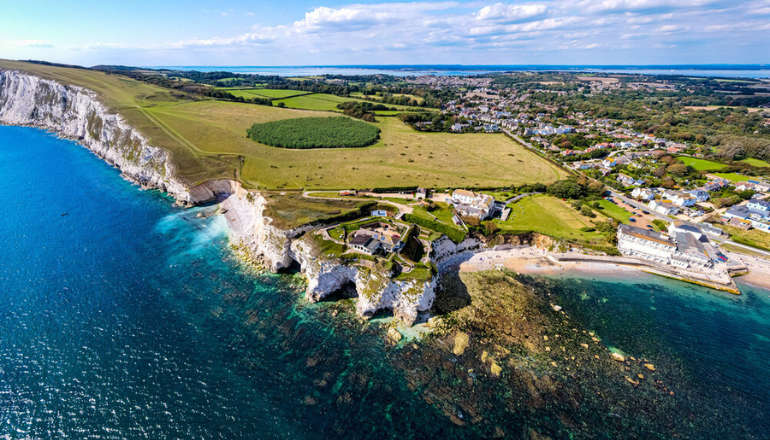
Fewer visitors came to the Isle of Wight last summer but they spent more money with local businesses, the Island’s tourism boss has revealed.
Around £280 million was forked out on the Island, by tourists, between October 1, 2022, and September 30, 2023.
Speaking at the Isle of Wight Council’s regeneration scrutiny committee last night (Thursday), Mr Myles said more than 1.96 million visitors came to the Island during that period.
Comparing it to 2019 — the last year that was not impacted by the Covid pandemic — £275.8 million was spent on the Island and 2.1 million tourists visited.
Mr Myles said the fact there was more spend but fewer visitors was the “strange part of it all”.
He said it was the tourism board’s goal to recover visitor numbers to pre-pandemic levels and also increase them.
Visit Isle of Wight is now part of a national programme which allows it to help shape tourism policy across Britain.
Cllr Karl Love said the ferry fares needed to be made cheaper so more people would come to the Island, especially when competing with cheap flights to Europe.
When comparing the Island’s tourism numbers with similar major coastal tourism destinations, Mr Myles said:
“We are sitting alongside a competitive set and doing ok.”
Overall, tourism equates to 30 per cent of the Island’s economy, Mr Myles said.
One of the key issues, the tourism board is working on is making the Island more accessible for tourists with disabilities.
Visit Isle of Wight will be working with the Hidden Disabilities Sunflower charity and delivering training to Island businesses on how to help people.
It is also working with Ryde Town Council to provide accessible beach access, in time for summer.
Councillors asked what work was being done to extend the season and encourage businesses to be open in the off-season as different audiences will come to the Island at different times.
Mr Myles said holding walking festivals outside of the peak season is helping to attract a new audience.
He revealed a third of the Island’s tourists visit outside of the main summer season, which they were looking to increase, but also said attractions and hotels needed to be open.


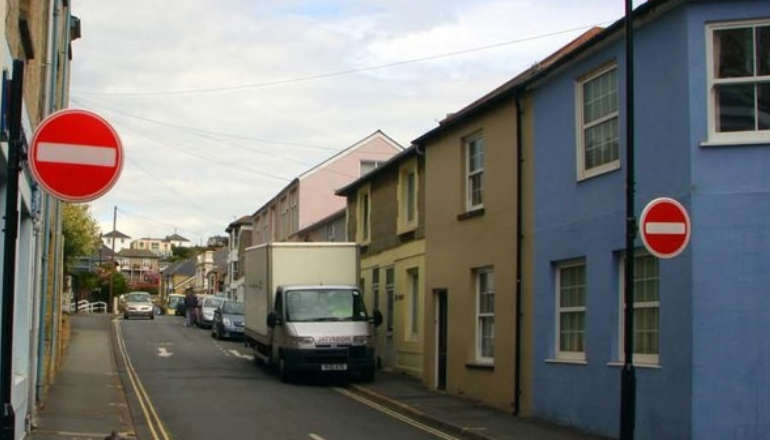 Three Arrested Following Reports Of Woman In Possession Of Firearm In Ventnor
Three Arrested Following Reports Of Woman In Possession Of Firearm In Ventnor
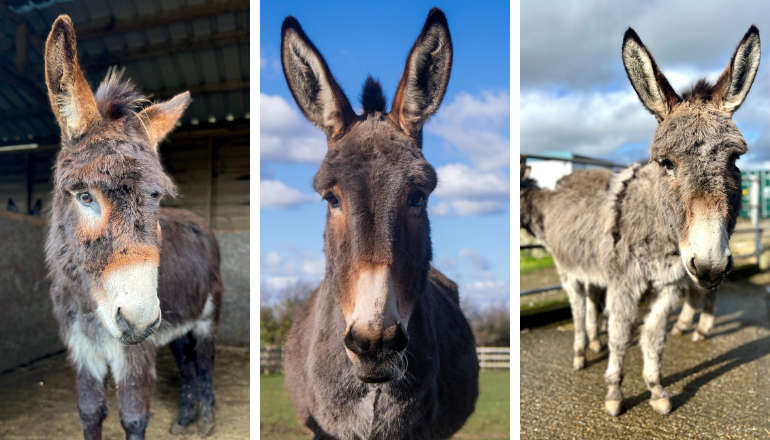 Isle Of Wight Donkey Sanctuary Welcomes 12 New Animals To Its Herd
Isle Of Wight Donkey Sanctuary Welcomes 12 New Animals To Its Herd
 Introduction Of Second Homes Premium – What You Need To Know
Introduction Of Second Homes Premium – What You Need To Know
 Large Villa-Style Property Could House Four New 'Starter Homes' In Totland
Large Villa-Style Property Could House Four New 'Starter Homes' In Totland
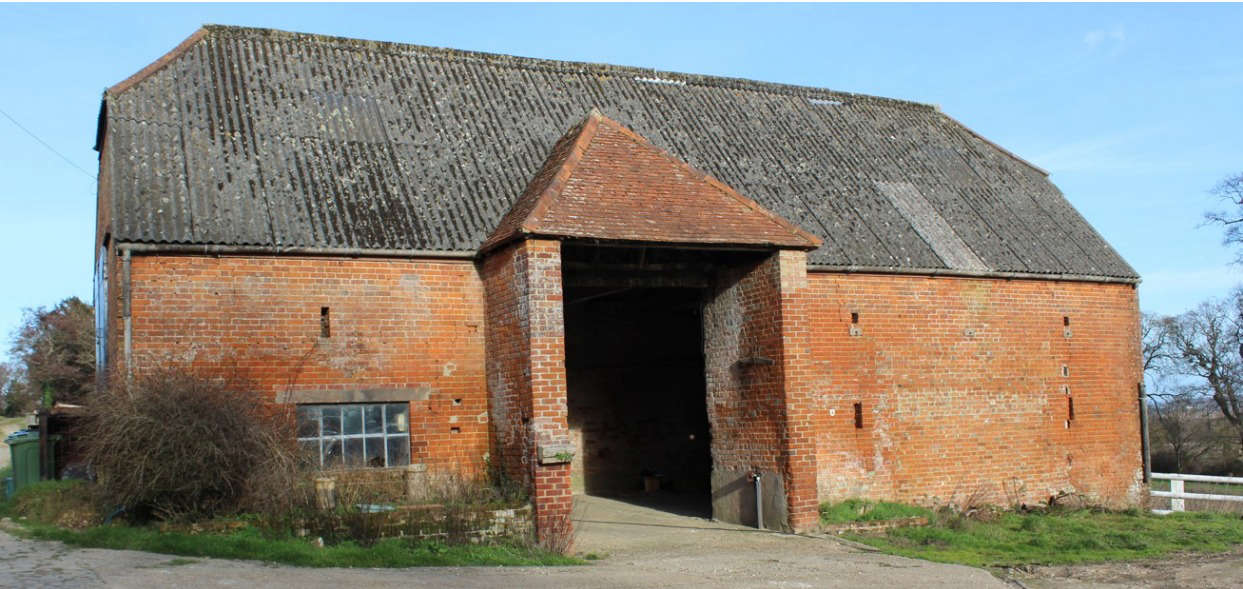 Dutch Braai Restaurant And Weddings Venue: New Plans Revealed For Disused Barns
Dutch Braai Restaurant And Weddings Venue: New Plans Revealed For Disused Barns
 Wave Of Acts Announced For Isle Of Wight Festival 2025
Wave Of Acts Announced For Isle Of Wight Festival 2025
 Discontent With Island Health And Social Care Services On The Rise Again — Report
Discontent With Island Health And Social Care Services On The Rise Again — Report
 Investigation Underway Following Death Of 28 Year-Old Man In Ryde
Investigation Underway Following Death Of 28 Year-Old Man In Ryde
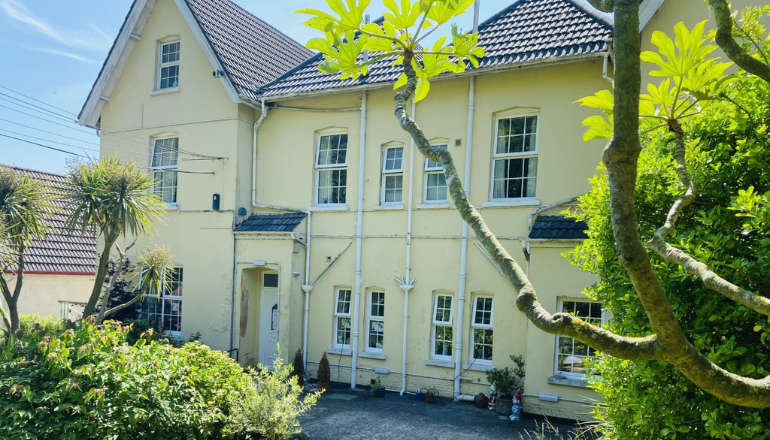 Former Ventnor Care Home Could Be Turned Into 'High Quality Housing'
Former Ventnor Care Home Could Be Turned Into 'High Quality Housing'
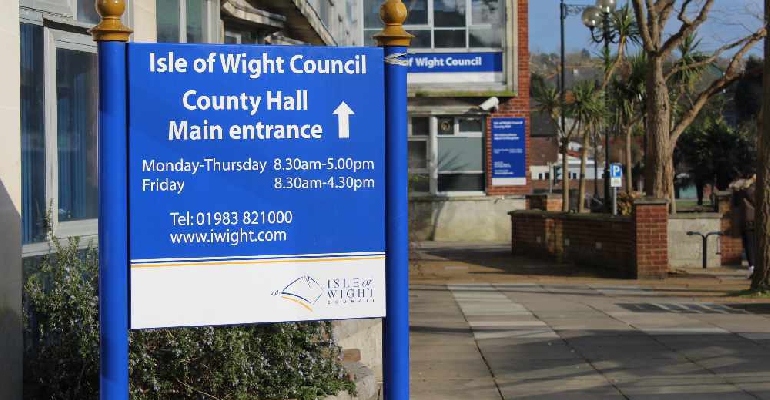 Isle Of Wight Council Fighting To Maintain Status Quo In Face Of Local Government Reorganisation Plans
Isle Of Wight Council Fighting To Maintain Status Quo In Face Of Local Government Reorganisation Plans
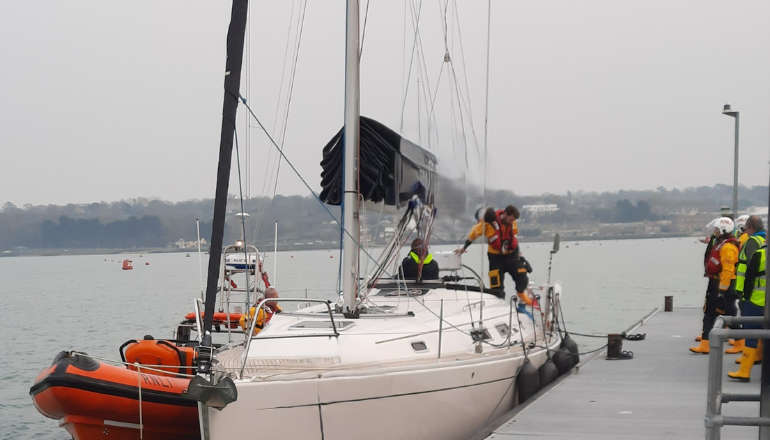 Cowes Lifeboat Team Saves The Day With Rescue Of Crippled Yacht
Cowes Lifeboat Team Saves The Day With Rescue Of Crippled Yacht
 Historic Shanklin Summerhouse To Be Converted Despite Local Opposition
Historic Shanklin Summerhouse To Be Converted Despite Local Opposition
 Teenagers In Drug Arrest Following Coppins Bridge Police Pursuit
Teenagers In Drug Arrest Following Coppins Bridge Police Pursuit
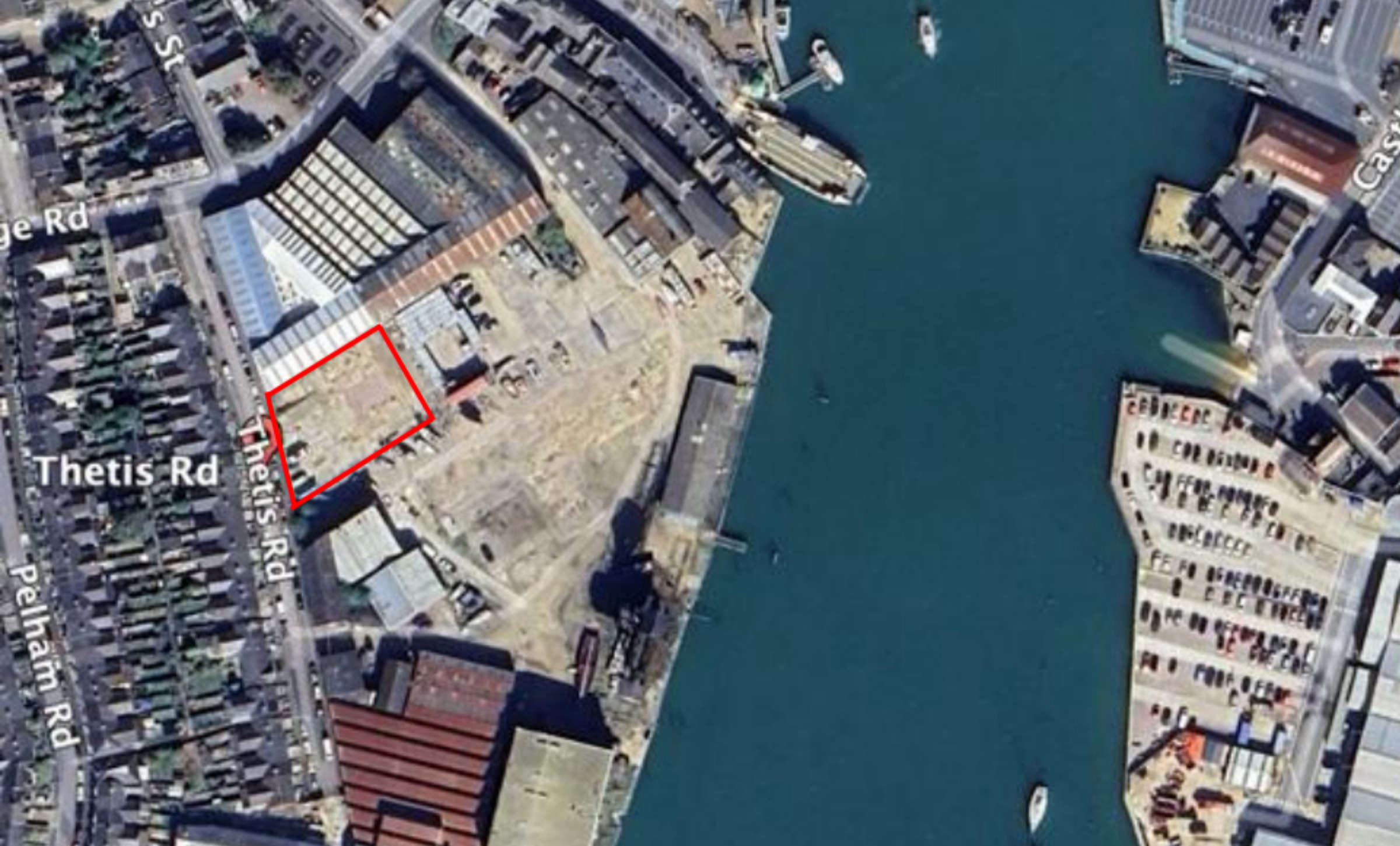 New Warehouse Could 'Support Expanding Companies' And 'Deliver Islander Employment Opportunities
New Warehouse Could 'Support Expanding Companies' And 'Deliver Islander Employment Opportunities
 Tax Breaks Could Be Set To End For Isle Of Wight Private Schools
Tax Breaks Could Be Set To End For Isle Of Wight Private Schools
 Hundreds Attend Island’s Careers, Jobs And Apprenticeships Fair
Hundreds Attend Island’s Careers, Jobs And Apprenticeships Fair
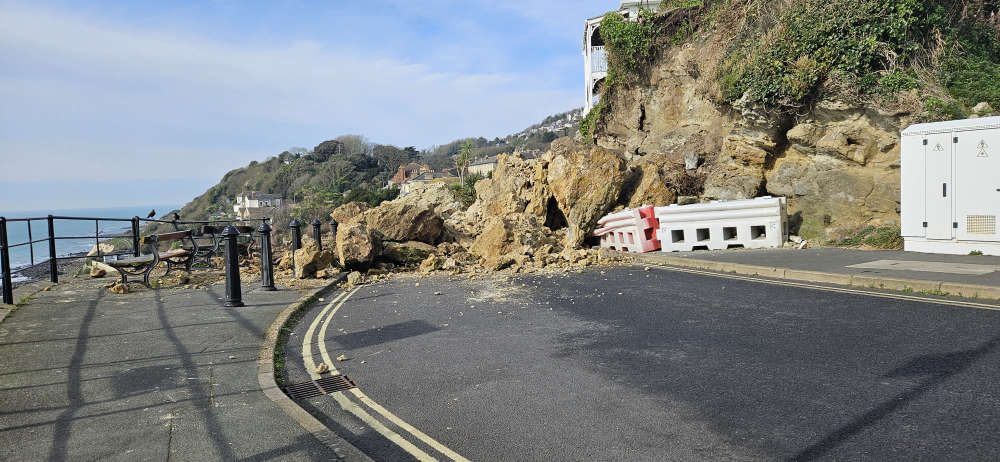 What A Mess — Timeline Of Ventnor Road Repairs In Limbo Following Latest Collapse
What A Mess — Timeline Of Ventnor Road Repairs In Limbo Following Latest Collapse
 Police Pursuit Sees Man End Up In River Medina
Police Pursuit Sees Man End Up In River Medina
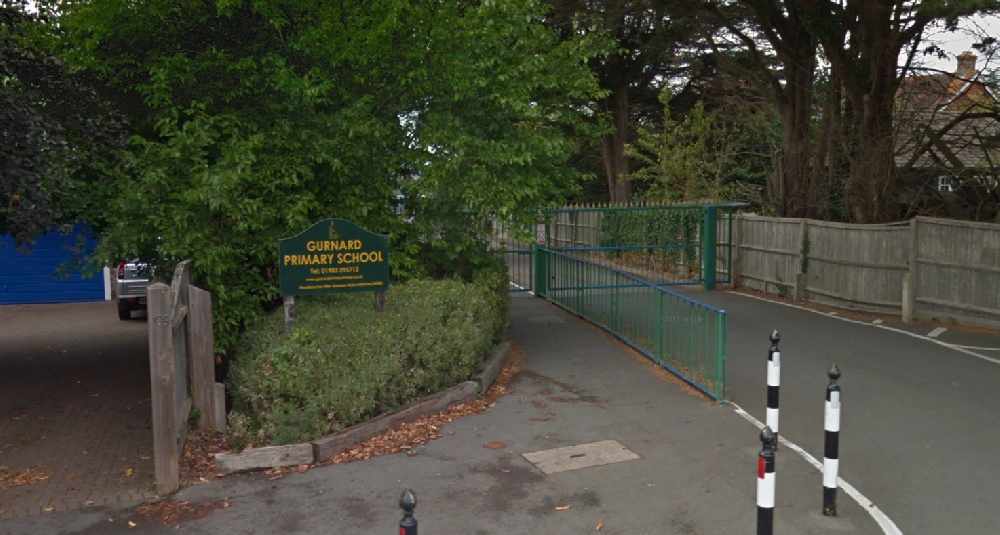 Gurnard Primary School Shines In Latest Ofsted Inspection
Gurnard Primary School Shines In Latest Ofsted Inspection
 Education Cabinet Member Urges Deferral Of School Closures Decision
Education Cabinet Member Urges Deferral Of School Closures Decision


